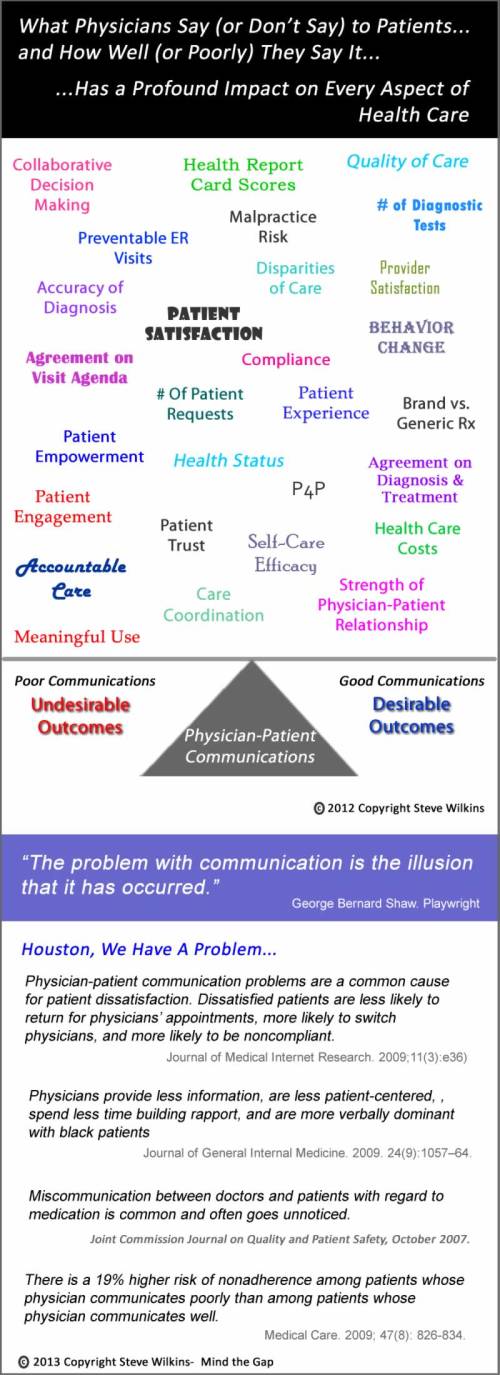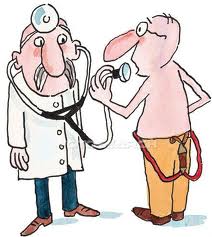Top Posts
Favorite Blogs
-
Join 4,182 other subscribers
Tag Archives: quality of care
Physician De-skilling – One More Thing For Patients, Doctors, And Hospitals To Worry About
Turns out there is an unintended consequence of many of the current efforts to standardize the way doctor’s practice medicine. It is called de-skilling. De-skilling can occur when physicians and other providers try to adapt to standardized, new ways of doing things. Examples of such standardization include clinical based care guidelines, electronic medical records (EMRs), Pay for Performance (P4P), Patient Centered Medical Home (PCMH) requirements and so on.
Examples of physician de-skilling were revealed in a recent study which consisted of in-depth interviews with 78 primary care physicians regarding EMR use. EMRs are all about standardization – what data is captured and recorded, how data is reported, how data is used, and so on.
Over the course of the interviews, physicians in the study described significant examples of de-skilling behavior. Most indicated that valuable patient information was being lost given how physicians adapted to using the EMR. Why? The physicians believed that the EMR forced them to change how they “fed their clinical thought processes into a patient’s record.”
The majority of PCPs interviewed reported situations where they or specialists “cut and paste the same exact language and statements, sometimes consisting of entire narratives across different patient records” where patients had the same condition (usually a chronic condition).
The net result was that PCPs believed they were increasingly getting less patient-specific information from specialists via the EMR which hindered their ability to make informed decisions around diagnosis and treatment.
According to these same physicians, this situation did not happen with paper records. That is because paper records forced clinicians to dictate a certain amount of unique verbiage for transcription into a patient’s record.
Time pressures also contribute to physician de-skilling relative to EMRs. Most EMR systems use templates that physicians must modify for each patient. Physicians in the study complained that there wasn’t enough time to edited the EMR templates and then enter the proper patient information. The conclusion, according to researchers, was that “some of the docs just do the bare minimum in terms of putting stuff into the EMR. When you read what’s in the record you’re kind of like, what is this?’’
In other words, some physicians simply didn’t bother to tailor EMR templates to the needs of the patient choosing instead to simply get through the standardized template.
The bottom line is that physician de-skilling has serious implications for patient outcomes and quality of care.
Take Away
Patients need to be aware of and protect themselves from instances of physician de-skilling. How can patient do that? The best way is to ask your doctor to review the patient notes section of your electronic patient record to see what you doctor entered about your condition. Is what your doctor entered accurate? Is it complete? Given that others providers will be relying on the quality of your record for treatment decisions, this is something that everyone, patient and physician, need to be aware of.
Source:
Huff, T. Deskilling and adaptation among primary care physicians using two work innovations. Health Care Management Review. March 2011.


